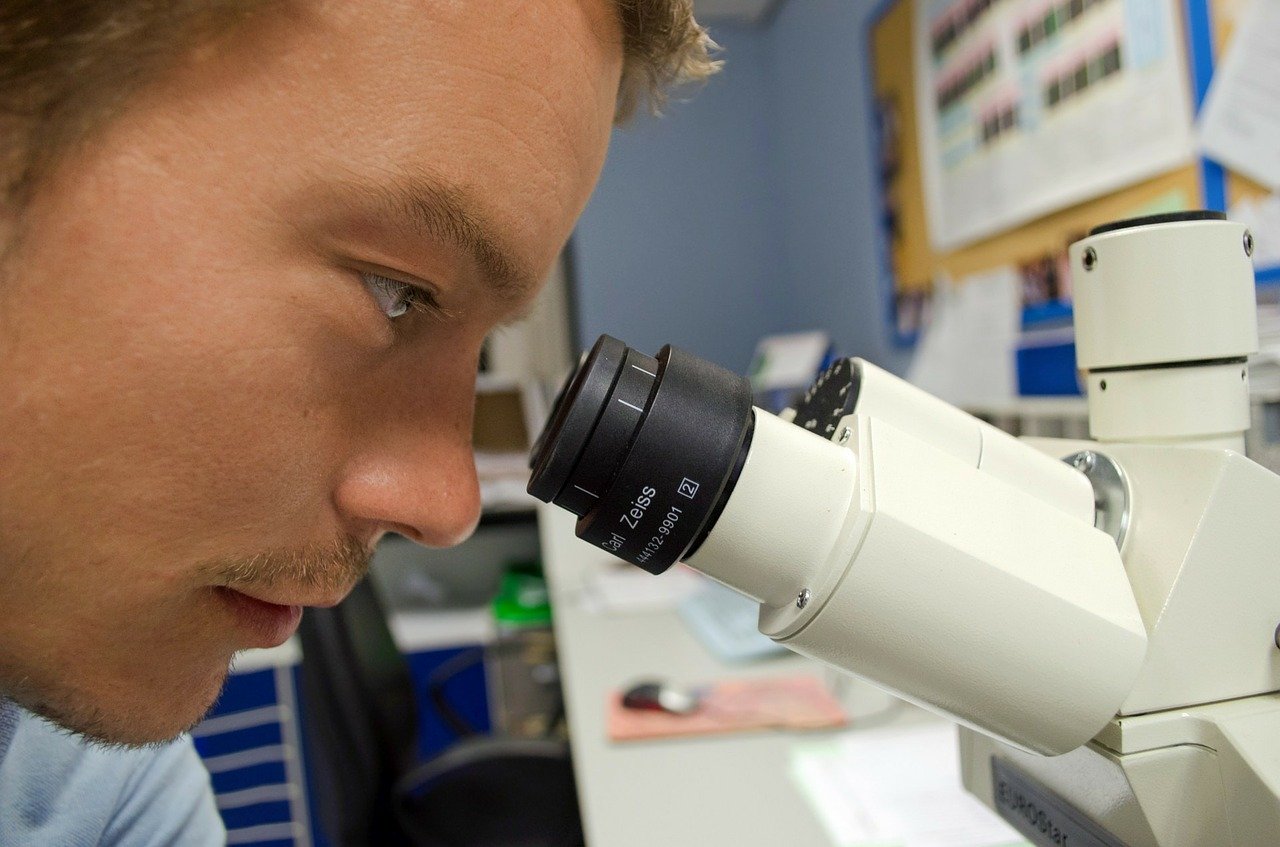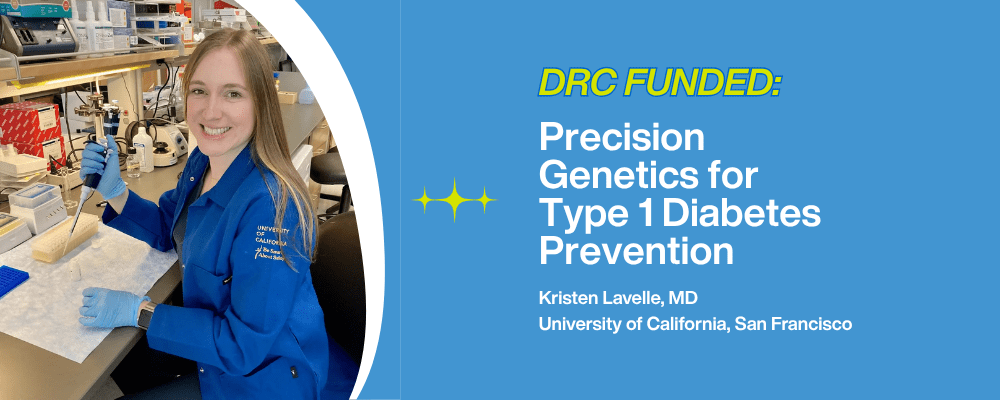In many patients, there is a slight delay between the time when type 1 diabetes (T1D) is first diagnosed, and when they become dependent on insulin. This is known as the “honeymoon phase” and often lasts for a few months or up to a year. During this time, insulin-producing beta cells continue to function relatively normally and are supported by a small amount of insulin. Over time, these cells stop functioning and patients become insulin-dependent.
A recent study reveals that scientists have developed a breakthrough drug that may delay the onset of clinical T1D by up to three years. The drug, teplizumab, was used to treat patients who were identified at high risk of developing T1D due to the presence of at least two autoantibodies. The drug was administered for two weeks, and following this treatment, insulin secretion rates and C-peptide levels remained higher than for those participants who received a placebo.
During the preliminary trial, patients who took teplizumab showed a delayed onset of T1D of two years, but during the latest phase 2 drug trial, this was extended to three years. Participants who took a placebo continued to experience decreased insulin and C-peptide production as the disease progressed. As a result of these findings, the drug was awarded Breakthrough Therapy Designation by the U.S. Food and Drug Administration (FDA) and PRIority MEdicines (PRIME) Designation by the European Medicines Agency (EMA) in 2019.
More than 18 million people around the world are living with type 1 diabetes, and this drug has the potential to make a positive difference in the lives of millions more who are at-risk for the disease. Diabetes Research Connection (DRC) is excited to see how clinical trials continue to progress for teplizumab and whether it eventually becomes an approved prevention therapy for type 1 diabetes.
The DRC is committed to growing understanding and improving treatment and prevention of type 1 diabetes through providing critical funding for early-career scientists so they can advance and execute their research. Learn more about current projects and how to help by visiting http://localhost/drc.




